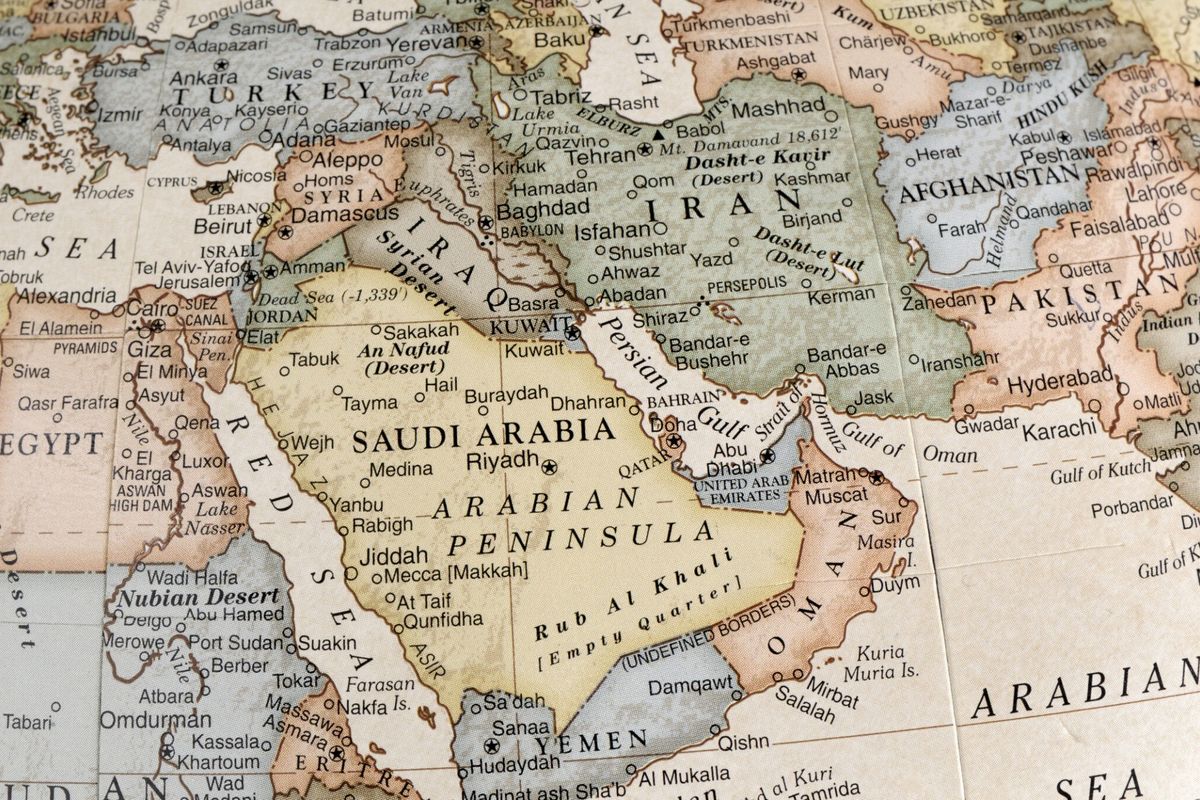Another shakeup atop the Saudi royal family, coupled with an escalation in the war in Yemen, has paved the way for the Saudi heir to the throne to consolidate power but has also stirred nationwide turmoil that could plant the seeds of a future backlash.
On Saturday, Saudi Crown Prince Mohammed bin Salman ordered the arrests of dozens of ministers and other members of Riyadh’s elite, including Prince Mitaib bin Abdullah, Commander of the National Guard, and billionaire Prince Alwaleed bin Talal, as part of a broader effort to ostensibly crackdown on corruption.
The apprehensions, which came hours after Saudi King Salman bin Abdulaziz al Saud authorized the formation of a new anti-corruption committee headed by the Crown Prince, could sow discord within the Kingdom itself and possibly generate ripple effects across the wider Middle East and beyond.
“These arrests do not bode well for domestic stability, regional security or U.S. regional interests despite the Trump administration's cozying to Muhammad bin Salman,” said Emile Nakhleh, Cipher Brief expert and a former CIA senior intelligence service officer.
“By increasing his dictatorial powers and cementing his cult personality, Crown Prince Mohammad bin Salman has violated the long-held practices of Al Saud ruling family's regarding ascension to power and the rule by consensus, at least within the sons and grandsons of Al Saud,” Nakhleh said.
Rob Richer, Cipher Brief expert and former Middle East chief at the CIA, likened the arrests to a “double-edged sword” that elevated the Crown Prince’s standing in the short term but could ultimately impede his authority at a later date.
“The Crown Prince is officially taking people out of power who are thought to be potential rivals, but on the other hand, he has certainly caused some problems within the family and within tribal leadership circles, which are going to come back and haunt him at some point down the road,” Richer explains.
To further complicate matters, another high-ranking Saudi Prince, Mansour bin Muqrin, and eight other officials were killed in a helicopter crash near the Yemen border on Sunday. The Saudi Interior Ministry has not yet given a cause for the crash, but with several members of the royal family having been taken into custody hours earlier, nothing can be ruled out.
In a separate series of events that were set in motion on Saturday, Yemen’s Houthi rebel group fired a long-range missile toward Riyadh's King Khalid International Airport, which was intercepted and destroyed by the Saudi military. The Kingdom responded by imposing an air, land and sea blockage on Yemen, while the Kingdom’s state news agency, SPA, labelled the incident a potential “act of war” by Iran, as Tehran is believed to have regularly provided material support to the Houthis over the course of Yemen’s two-and-a half year civil war.
According to Richer, the missile attack “plays right into [the Crown Prince’s] hands,” particularly as the Crown Prince is the architect of the Saudi-led campaign in Yemen. Crown Prince Mohammad could ultimately use this incident to further rationalize and boost support for a continued Saudi presence in Yemen.
“That that was very opportunist,” says Richer. “It was a great coincidence on his case since it coincided with cementing his role inside the kingdom, so everything kind of worked to his benefit in this regard.”
Also on Saturday, Lebanese Prime Minister Saad Harari announced his resignation in a televised speech delivered from Saudi Arabia, citing the influence of Iran and Hezbollah over the Lebanese government as the primary reason for his decision. Harari’s resignation could further ignite tensions between Saudi Arabia and Yemen and may also turn Lebanon into the next proxy battleground between the two competing regional powers.
With all of the shake-up atop the Saudi government and a young Crown Prince destined to consolidate power, the U.S. government will have its hands full as it seeks to reinforce its strong ties to the Kingdom.
“The U.S. will have to ask how far it can go in backing a soon-to-be king who has risen amidst such controversy,” says Gary Grappo, former U.S. Ambassador to Oman.
“There’s a certain reckless element to Crown Prince Mohammad bin Salman’s actions and, coupled with the far more assertive role that Saudi Arabia is now playing in the region since Salman’s assumption of the throne and his son’s elevation, adds another dimension of uncertainty to an already very unstable region,” he concludes.
Bennett Seftel is deputy director of analysis at The Cipher Brief. Follow him on Twitter @BennettSeftel.












